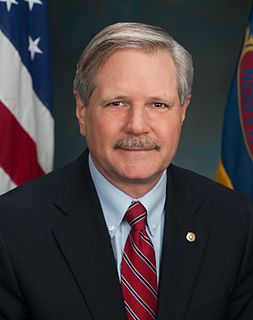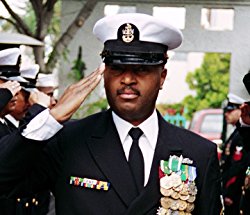A Quote by Kevin McCarthy
Keystone will deliver 830,000 barrels of oil per day from Canada, North Dakota, and Montana to Gulf Coast refineries.
Related Quotes
The irony of environmental opposition to the Keystone XL project is that stopping the pipeline to the U.S. will not stop production in the oil sands of Canada. Instead of coming to the United States, the oil will still be produced and shipped by rail or a pipeline similar to the Keystone XL to Canada's Pacific Coast.
We have the resources and technology to produce more energy than we consume and break our long-standing dependence on foreign sources of oil. All we need is the will. In fact, there's a path to follow, one that North Dakota blazed over the last decade by building a comprehensive energy plan we called Empower North Dakota.
Here in the United States we're now consuming about three gallons of petroleum per person per day. That's twenty pounds of oil per person per day. We only consume about four pounds of oxygen per person per day. We're consuming five times more oil each day, here in the United States than we are oxygen. We've become the oil tribe.
Americans once believed that their prosperity and way of life depended on having assured access to Persian Gulf oil. Today, that is no longer the case. The United States is once more an oil exporter. Available and accessible reserves of oil and natural gas in North America are far greater than was once believed. Yet the assumption that the Persian Gulf still qualifies as crucial to American national security persists in Washington. Why?































